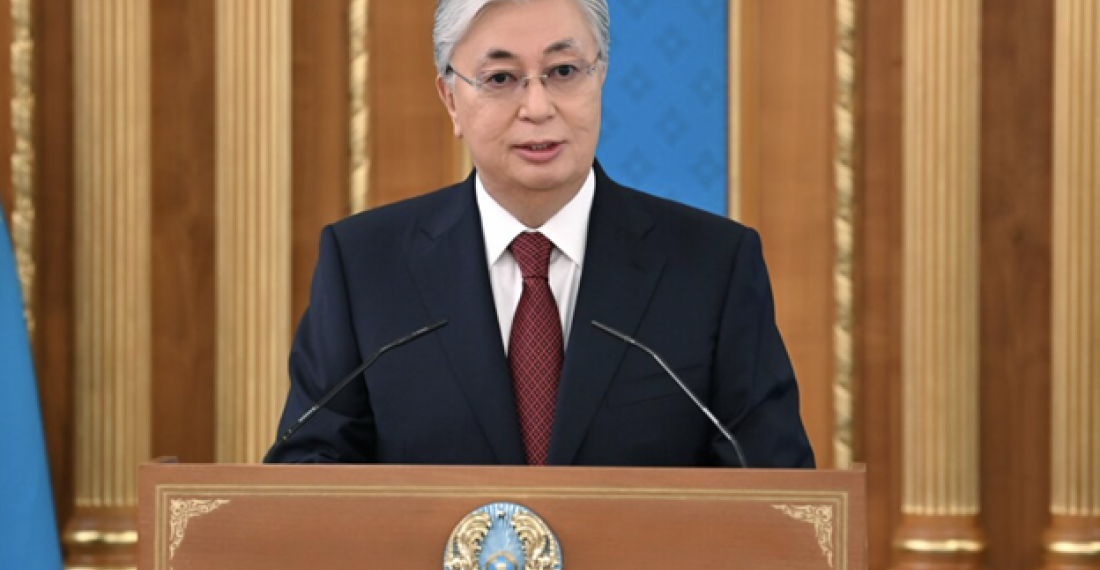Incumbent President of Kazakhstan Kassym-Jomart Tokayev has been re-elected by a landslide vote in early presidential elections held on 20 November. He won 81.31 percent of the vote, according to the preliminary data from the Central Election Commission (CEC) announced on Monday (21 November).
The preliminary election result shows Zhiguli Dairabayev, a candidate of the Auyl Party, winning 3.42 percent (271,641 votes), Karakat Abden nominated by the National Alliance of Professional Social Workers – 2.60 percent (206,206 votes), Meiram Kazhyken, a candidate of the Amanat Commonwealth of Trade Unions – 2.53 percent (200,907 votes), National Social Democratic Party candidate Nurlan Auesbayev – 2.22 percent (176,116 votes), and Saltanat Tursynbekova, a candidate of the Qazaq Analary – Dasturge Zhol (Kazakh mothers are a path to traditions) public association – 2.12 percent (168,731 votes).
According to the CEC, 69.44 percent, or 8,300,046 citizens out of 11,953,465 eligible voters, participated in the poll.
The voter turnout abroad was 88.47 percent, or 11,360 people out of 12,841 registered people.
There were 10,101 polling stations across Kazakhstan, including 68 stations at the country’s foreign missions in 53 countries.
OSCE-ODIHR Election Observation Mission gives a critical assessment
The OSCE-ODIHR Election Observation Mission, in its preliminary findings, was critical of the election process. Speaking at a press conference on Monday afternoon in Astana, the Head of the Mission, Ambassador Urszula Gacek said that the election lacked competitivness and that the incument was not meaningfully challenged.
The mission assessed positively the work of the Central Elections Commission during the process of the voting, but noted considerable shortcomings in the counting and tabulation process. The Mission concluded that lack of pluralism undermined competitiveness.






